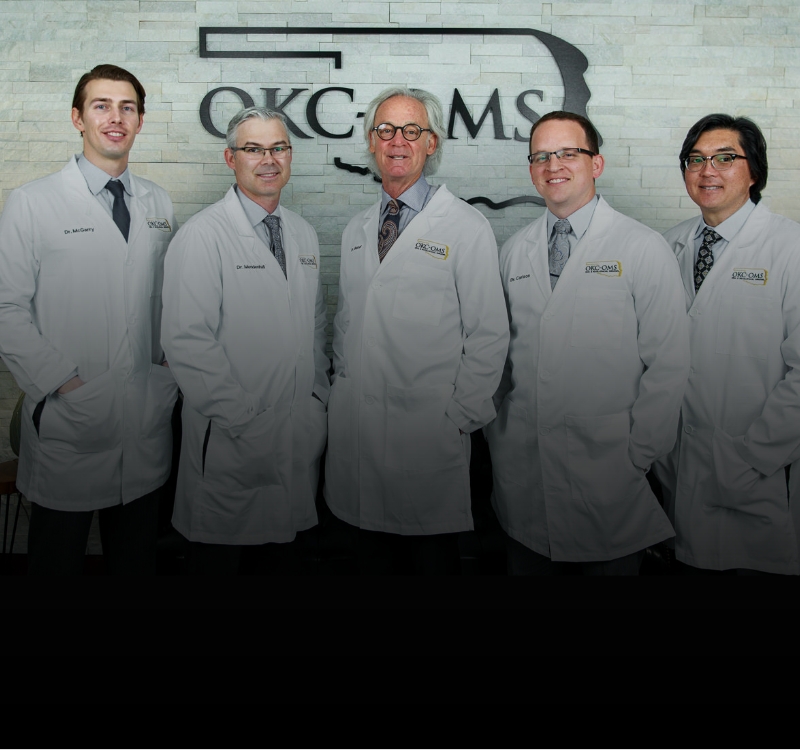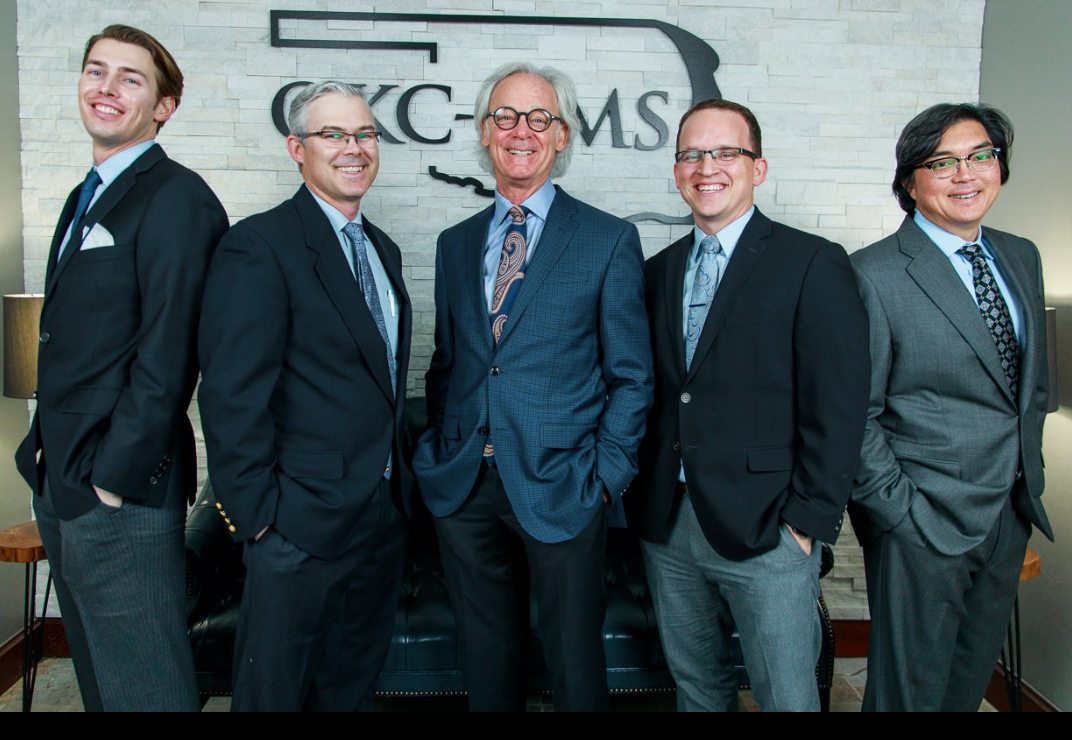 Nobody ever plans on losing their teeth. And yet, for millions of Americans, tooth loss is an unavoidable reality, the result of decay, disease, dental neglect, or even a traumatic accident.
Nobody ever plans on losing their teeth. And yet, for millions of Americans, tooth loss is an unavoidable reality, the result of decay, disease, dental neglect, or even a traumatic accident.
If you lose teeth or anticipate the need to have teeth extracted, it is important to consider your options for tooth replacement. For many patients, dental implants are the obvious answer, providing a permanent and secure way to restore your smile, both functionally and aesthetically.
The process of getting dental implants can take several months in total. Before your procedure, it can be helpful to have the right expectations about the extended recovery process.
Dental Implants at a Glance
First, what are dental implants?
Dental implants are essentially artificial roots, typically made of titanium. These are screwed into the jawbone to take the place of lost roots; once they fuse into place with the surrounding bone tissue, your oral surgeon can attach an abutment, which is a connective piece. Your oral surgeon will work with a referring dentist to place crowns, bridges, or even partial dentures on to that abutment. These prostheses are designed to look and feel just like your natural teeth.
Dental Implants: The Process
This is a fairly involved procedure that may span multiple appointments. The specifics can vary from patient to patient, depending on individual needs, but a general outline would look something like this:
Consultation
The process always begins with a one-on-one appointment, allowing you to chat with your surgeon, ask questions, and gain a better understanding of the surgery. Your surgeon will evaluate your teeth and gums to ensure you are a good candidate for dental implants and may also take some X-rays or digital scans.
Impressions
If you decide to move forward with dental implants, the next step will be to have impressions made of your teeth and jaw. These impressions will be used to design your dental prostheses (that is, your replacement teeth), ensuring they look and fit just right. This may take place a week or two after your initial consultation at your regular dental office.
Extractions
In some cases, patients may have some unhealthy or decaying teeth that need to be removed before the implants can be placed. Learn more about the importance of dental implants after extraction.
Bone Grafting
In order for dental implants to be successful, it requires that you have sufficient bone mass in your jaw. If you do not have enough jaw bone, your oral surgeon may need to perform a bone graft. If you do need a bone graft, you may need several months of healing before you are ready for the implants themselves.
Implant Surgery
Once all of these preliminary steps are taken, you will be ready for the implants to be placed. This will typically be done via an incision in your gums, allowing your surgeon access to the underlying bone and tissue, where the implants are screwed into place.
Recovering from Dental Implants
Once you have had your dental implants placed, you will need to give them some time to fuse with the surrounding bone. This is a critical part of the process, as it ensures that your implants are stable and secure, allowing you to chew, eat, and speak just like normal.
Once this healing process is complete, you will be able to return to your referring dentist to have your new dental prostheses placed. (Note that patients will often be given temporary replacement teeth in the meantime.)
Make sure you are prepared for this period of healing and recovery that takes place between your dental implant procedure and the final placement of your new teeth.
Is the Recovery Process Painful?
After your dental implant procedure, you can anticipate some discomfort. Some of the side effects of dental implant surgery include:
- Bruising on gums skin
- Swelling in gums or cheeks
- Minor bleeding
- Pain surrounding the implant and incision areas
Most patients say that the worst of these symptoms subsides after the first couple of days. Also, note that the pain can be managed either with prescription pain medications or with over-the-counter remedies. Make sure you ask your oral surgeon for specific recommendations.
How Long Will the Healing Process Take?
As for how long it will take for your implants to heal, there is no set timeline. It can vary from one patient to the next, depending on several different factors:
- The number of teeth that you needed to have extracted
- The number of implants you required
- The health of your underlying jawbone
- Whether or not you needed a bone graft
It is also worth noting that your lifestyle choices can impact the healing process. For example, we urge patients to stop smoking for at least two months before their dental implant surgery and to abstain from using any tobacco products for at least a month thereafter. Tobacco products can slow your body’s ability to heal and potentially complicate your recovery from dental implant surgery.
You can anticipate that the healing process will take several weeks. It will likely be at least three months before you have healed enough to have your dental prostheses placed, and for some patients, the timeline could be a full six months or more. Again, it depends on the patient, and your oral surgeon can likely offer a more personalized estimate.
What Can I Eat Following Dental Implant Surgery?
One of the most common questions from patients is what they can eat following their dental implant surgery.
Immediately following the procedure, you will have gauze bandaging in your mouth. You will be advised to leave this in place for an hour or so, after which you are cleared to get something to eat.
For at least 24 hours, stick with soft foods and liquids. Some examples of what to eat include:
- Soups and broths
- Applesauce
- Mashed bananas
- Mashed potatoes
- Yogurt
- Ice cream
- Oatmeal
Additionally, stay away from foods that are hot and spicy; these foods can cause inflammation. Also, avoid drinking from a straw. The suction can lead to some complications with your healing.
Most patients will feel comfortable shifting into their regular diet within the first seven to 10 days. In some cases, patients may need to stick with their soft foods diet longer. Generally, your oral surgeon will let you know if you need to keep up these dietary restrictions for a longer period of time.
How Long Will the Pain Last?
The amount of pain you experience can similarly be dependent on multiple factors, including the number of teeth removed and the number of implants placed. A general pain timeline looks something like this:
First 24-48 Hours
Most patients encounter the most extreme discomfort over the first two days. During this time, use your prescription and/or OTC pain remedies as your oral surgeon directs, and give yourself plenty of time to rest and heal.
First Week
You may experience some lingering discomfort throughout the first seven days, but it should begin to taper off by the week’s end.
Two Weeks Out
If you are two weeks removed from your dental implant surgery and are still experiencing pain, call your oral surgeon.
Three Months Out
If you experience any pain at the three-month point, it likely points to a more serious complication, such as inadequate blood supply or severe infection. Make an appointment with your surgeon.
How Long Should I Take Off Work?
As you plan for your dental implant procedure, you will want to make sure you give yourself enough time to heal. For most patients, four to five days of rest is ideal for recovery. Your oral surgeon may advise you to have your surgery mid-week, allowing a couple of weekdays to rest up followed by a weekend. Most patients will feel ready to return to work after that.
How Long Should I Stay Away from Exercise?
It is also important to give yourself some time before you head back to the gym or take on any form of strenuous exercise. If you attempt vigorous activity after dental implant surgery, it could lead to some excess bleeding. Allow at least two to three days before you start light exercises, such as walking or jogging, and a full week before you resume weight training or other physically taxing activities.
Recovering from Dental Implants
This process may sound arduous but remember the ultimate goal: once your implants have healed into place, you will be ready to have replacement teeth added, at which point you will have a fully restored smile. And you will be able to eat whatever you like, without having to worry about pain or discomfort.
If you have any questions about the dental implant process or about what you can expect from recovery, reach out to one of our offices. The providers at OKC-OMS are ready to talk with you about your options for replacing lost teeth.







